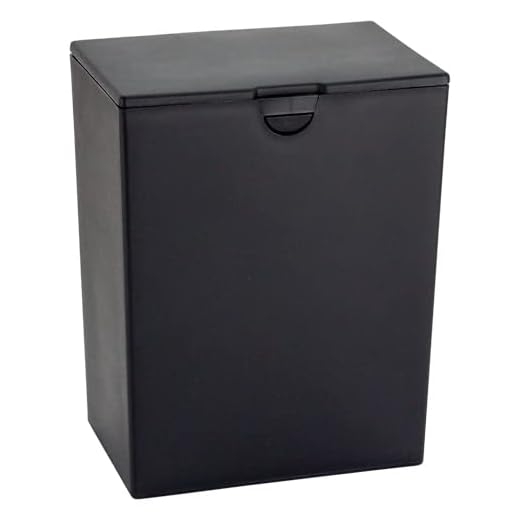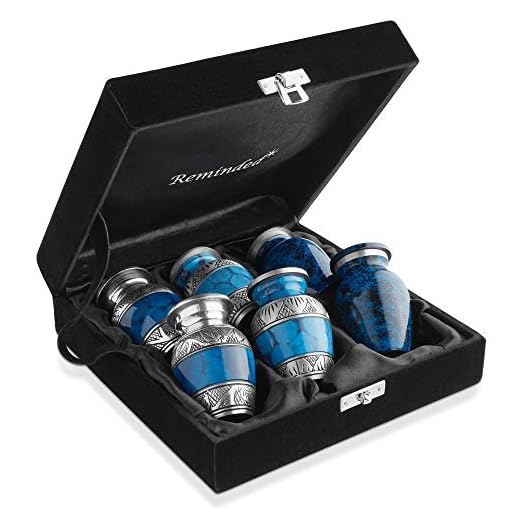







Yes, transporting cremains in cabin baggage is permitted on most airlines, but specific regulations vary. Ensure the container is leak-proof and secure. Many airlines recommend using a durable urn designed for travel.
Before booking, check the airline’s policy regarding handling remains. Some may ask for verification of contents or additional paperwork. It’s advisable to keep the cremains accessible for security inspections, as TSA regulations permit them through checkpoint screenings.
If traveling internationally, be aware of customs regulations in the destination country. Some nations have restrictions concerning the import of human remains, so obtaining an official death certificate and cremation certificate may be necessary.
Consider the emotional toll of air travel with cremains. Planning ahead for security protocols can alleviate some stress. Transparency with airport staff can also facilitate a smoother process, ensuring respect and dignity throughout your travels.
Guidelines for Bringing Ashes on Board
Transporting cremated remains in hand luggage is permissible, but adherence to specific airline regulations and security protocols is required. Each airline sets its own policies, so always check before traveling.
Container Specifications
Opt for a sturdy, secure container designed for transport. Consider these factors:
- Materials: Use non-metallic materials to avoid triggering alarms at security checkpoints.
- Size: The container should fit within airline size restrictions for cabin items.
- Sealing: Ensure it has a reliable closure to prevent accidental spillage.
Documentation Requirements
Carry necessary documentation, such as:
- Death certificate: This may be needed for verification during travel.
- Cremation certificate: A document proving cremation, often required by airlines.
Always communicate with airline personnel at check-in regarding the presence of your item. Transparency can mitigate misunderstandings or additional scrutiny.
Understanding Airline Regulations for Ashes Transport
Always confirm the specific guidelines of airline carriers prior to travel. Most airlines permit the transport of cremated remains in carry-on items if they are securely contained in an appropriate urn or container. Containers should ideally be made of materials like plastic, wood, or metal, as many TSA-compatible designs facilitate smooth passage through security checks.
Documentation might be necessary, such as a death certificate or cremation certificate, especially for international flights. Ensure you keep this paperwork accessible, as security personnel may require verification.
Consider contacting the airline in advance to clarify their specific policies on handling remains and any additional precautions they may recommend, especially for international routes where regulations likely differ. For instance, some countries have restrictions regarding the importation of ashes, so check local laws before departure.
For a unique travel experience, think about complementing your journey with practical accessories. A best umbrella for hot tub might provide comfort and relaxation during your stay.
Following these guidelines can ensure a respectful and smooth travel process while managing sensitive items during your journey.
Packaging Requirements for Transporting Remains
For safe transportation of cremated remains, use a sturdy, sealed container designed specifically for this purpose. Many airlines require that the urn or box be made of materials such as plastic, metal, or wood, as glass or ceramic containers may be more prone to breakage. A secure, non-transparent bag may also be necessary.
Labeling and Identification
Clearly label the container with the name of the individual and include a copy of the death certificate along with any necessary permits or documentation. This information helps facilitate handling and minimizes the risk of delays at security checkpoints.
Security Considerations
Prior to traveling, inform airport security personnel about the contents of the container. It may undergo additional screening. Maintaining a respectful and transparent approach can ease potential concerns during security inspections.
Security Screening Procedures for Cremated Remains
Prior to boarding, transport of cremated remains undergoes specific security screening protocols. Separate inspection of the container is often required, which may involve placing it through an X-ray machine. Ensure the urn or container is clearly labeled as containing cremated human remains to facilitate the process.
Communication with Security Personnel
When reaching the security checkpoint, proactively inform personnel about the presence of cremated remains. This step aids in expediting the screening process and helps avoid misunderstandings. If asked to open the container, be prepared to show proper documentation, such as a death certificate or cremation certificate.
Potential Delays and Additional Screening
Prepare for possible additional screening measures, as certain materials within containers may trigger alarms. To minimize complications, opt for urns made from more straightforward materials like plastic or wood instead of metal or ceramic. Familiarizing yourself with security procedures before traveling can help alleviate potential stresses during the journey.
For those keen on photography while traveling, consider reading about the best digital camera for a beginning photographer to capture memories of your trip.
State and International Laws on Traveling with Ashes
Research the specific regulations regarding the transport of cremated remains at both state and international levels before proceeding. Many countries permit the importation of ashes for personal reasons, but restrictions can vary significantly. Some nations require documentation, including a death certificate and cremation certificate, while others impose strict travel guidelines.
U.S. Regulations
In the United States, policies differ from state to state. Generally, airlines allow the transport of cremated remains within carry-on bags, provided they are in approved containers. However, individual airports may have their own rules, so it’s vital to verify with the respective authority.
International Considerations
When traveling abroad, regulations may include a declaration at customs upon entry. Countries like Canada and the UK have specific requirements that travelers must adhere to, such as presenting appropriate documentation. Check with the consulate of the destination country for precise directives.
For additional context on transporting outdoor equipment, refer to the best sun umbrella outdoor factories. Being informed can ease the travel process when handling sensitive items like cremated remains.







